Over the past fe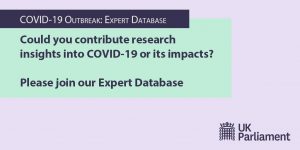 w weeks, Parliament has seen a surge in need for access to research expertise as it engages with the COVID-19 outbreak.
w weeks, Parliament has seen a surge in need for access to research expertise as it engages with the COVID-19 outbreak.
In this rapidly evolving situation, Parliament needs quick access to researchers who can provide expert insights relating to both Coronavirus and its impacts.
Parliament and Parliamentarians use these insights to help carry out their function effectively; that is to say, to represent the people, scrutinise the Government, debate important and pressing issues and pass legislation.
To speed up the process of Parliament accessing relevant research expertise, Parliament’s Knowledge Exchange Unit (KEU) are creating a COVID-19 Outbreak Expert Database.
If you feel you have any expertise relating to the COVID-19 outbreak or its impacts, the KEU would be very grateful if you would sign up to the database. Signing up does not commit you to contributing in anyway, it’s simply so that Parliament has your details to hand and can contact you very rapidly; if they contact you and you aren’t able to respond, they will fully understand.
A link to the sign-up form is found here.
(Please ensure you let Sarah Carter, Public Affairs and Policy Officer, or your Impact Officer, know you have signed up, as we are tracking the responses.)
Staff in Parliament have identified a number of areas where Parliament may need to be able to access research expertise, listed below, and found on the sign up page. If you identify an area that has not been listed, please do feel free to give detail on the sign up form in ‘other’:
Agriculture and farming, Airlines/airports, Arts, Behavioural science, Burial and cremation, Brexit, Business, Charities, Children and families, Civil contingency planning and management, Climate change, Communicating uncertainty, , Consumer protection, Coronavirus, Coroners, Countryside, Courts, Criminal justice, Criminal law, Crisis communications, Critical national infrastructure, Data protection, Death, Defence, Economics, Education – higher and further, Education – schools, Elections, Emergency planning, Emergency services, Employment, Employment law, Energy, Environment, European Union, Financial services, Financial systems and institutions, Foreign policy, Government, Health economics, Health services, Housing, Human rights, Immigration, Immunology / vaccinology, Industry, Infection control, Inflation, Insolvency, International law, IT, Law, Legal aid, Leisure and tourism, Local government, Medicine, National security, Package holidays, Pandemics, Pensions, Police powers, Ports and maritime, Prisons, Public expenditure, Public finance, Public health, Public order, Railways, Registration of deaths, Religion, Social security and tax credits, Social services, Sports, Surveillance , Taxation, Trade, Transport, Unemployment, Virology, Waste, Water, Welfare, Welfare benefits.
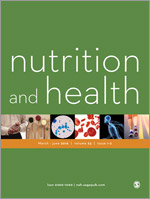

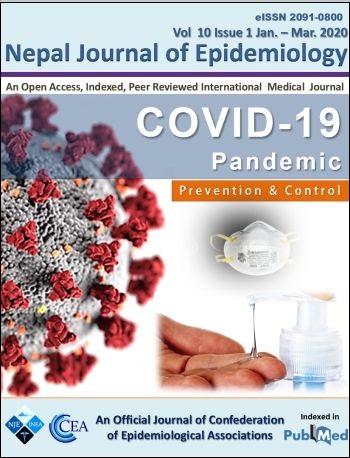
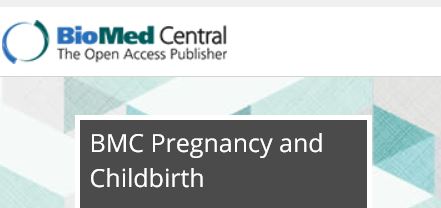
 w weeks, Parliament has seen a surge in need for access to research expertise as it engages with the COVID-19 outbreak.
w weeks, Parliament has seen a surge in need for access to research expertise as it engages with the COVID-19 outbreak.

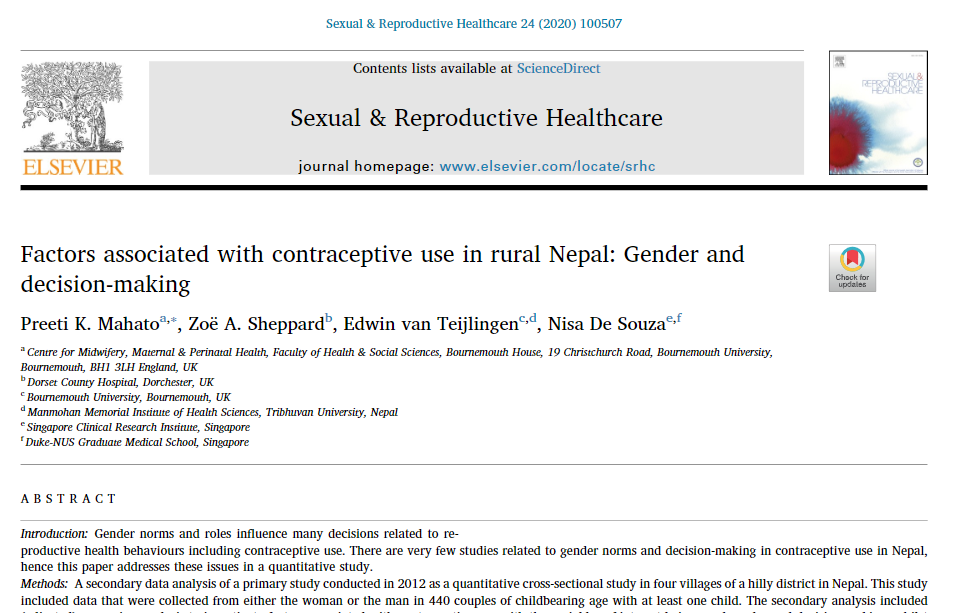





 funding to support 10 UK Psychology Students and Staff to visit India. This initiative receives further support from Global Engagement Hub, Bournemouth University.
funding to support 10 UK Psychology Students and Staff to visit India. This initiative receives further support from Global Engagement Hub, Bournemouth University.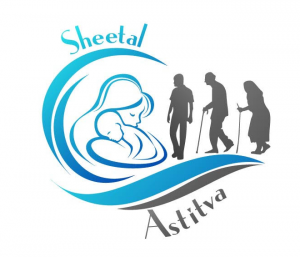
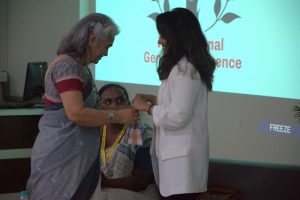 This project led by Prof. Edwin van-Teijlingen and Dr. Shanti Shanker focuses on grassroots level centers addressing the lack of accessibility in rural India. This project collaborates with the Taluka Health Officer at Paud (Mulshi, Dr Ajit Karanjkar) and local medical officers.
This project led by Prof. Edwin van-Teijlingen and Dr. Shanti Shanker focuses on grassroots level centers addressing the lack of accessibility in rural India. This project collaborates with the Taluka Health Officer at Paud (Mulshi, Dr Ajit Karanjkar) and local medical officers.











 Missing Persons Indicator Project Recruitment
Missing Persons Indicator Project Recruitment Celebrating our Research: Postgraduate Research Showcase 2026
Celebrating our Research: Postgraduate Research Showcase 2026 Nursing Research REF Impact in Nepal
Nursing Research REF Impact in Nepal Fourth INRC Symposium: From Clinical Applications to Neuro-Inspired Computation
Fourth INRC Symposium: From Clinical Applications to Neuro-Inspired Computation ESRC Festival of Social Science 2025 – Reflecting back and looking ahead to 2026
ESRC Festival of Social Science 2025 – Reflecting back and looking ahead to 2026 3C Event: Research Culture, Community & Cookies – Tuesday 13 January 10-11am
3C Event: Research Culture, Community & Cookies – Tuesday 13 January 10-11am ECR Funding Open Call: Research Culture & Community Grant – Application Deadline Friday 12 December
ECR Funding Open Call: Research Culture & Community Grant – Application Deadline Friday 12 December MSCA Postdoctoral Fellowships 2025 Call
MSCA Postdoctoral Fellowships 2025 Call ERC Advanced Grant 2025 Webinar
ERC Advanced Grant 2025 Webinar Horizon Europe Work Programme 2025 Published
Horizon Europe Work Programme 2025 Published Update on UKRO services
Update on UKRO services European research project exploring use of ‘virtual twins’ to better manage metabolic associated fatty liver disease
European research project exploring use of ‘virtual twins’ to better manage metabolic associated fatty liver disease